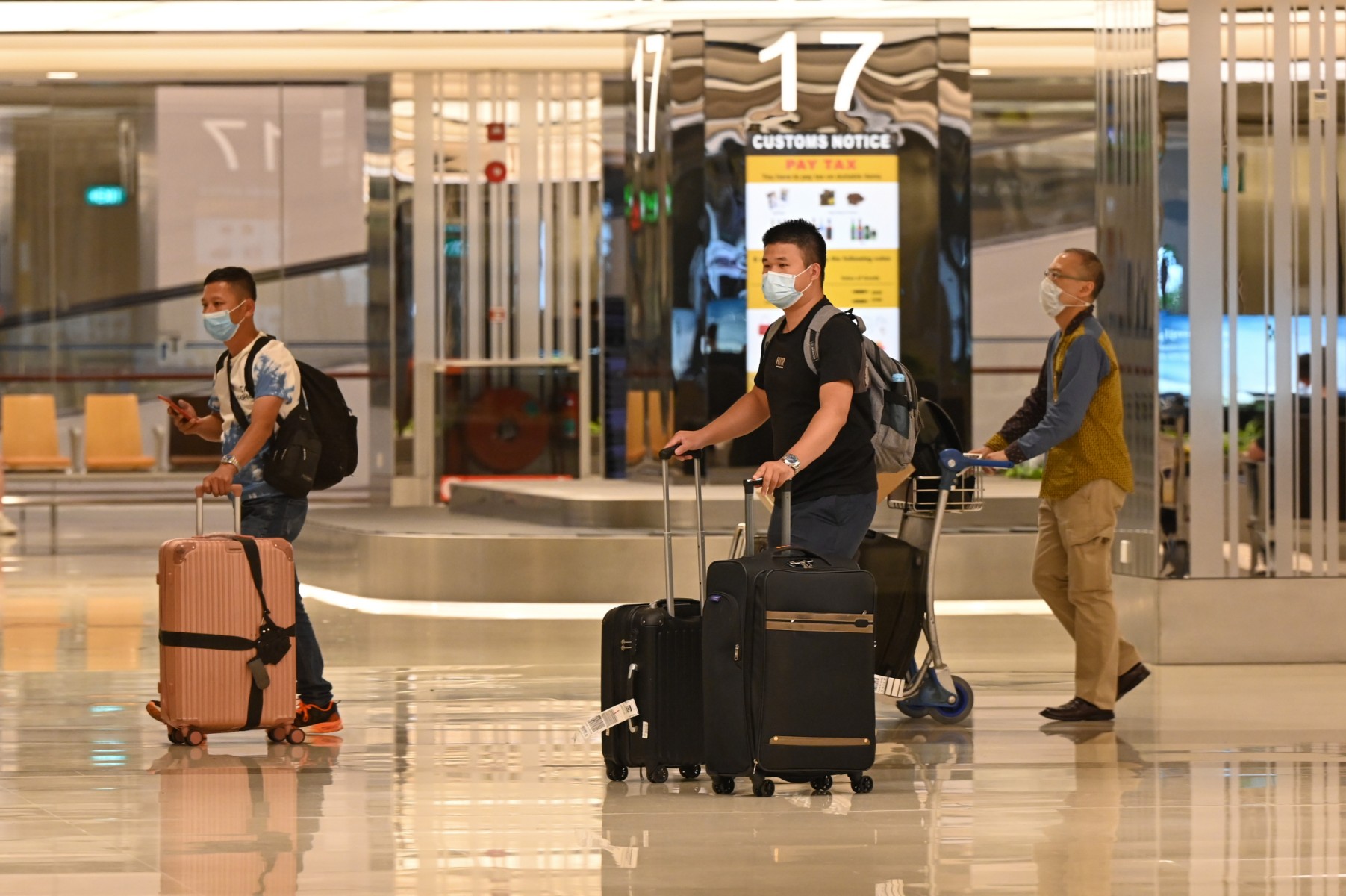SINGAPORE: Singapore’s tourism industry is experiencing a gradual recovery, but tourist arrivals from key markets such as China, India, and Indonesia are still significantly pre-pandemic levels. Travel agents attribute this sluggish recovery to several factors, with the strong Singapore dollar emerging as a primary concern.
Several travel agencies speaking with Channel 8 expressed hope for a swift return of tourist arrivals. However, they highlighted the challenge posed by Singapore’s visa application requirements for Chinese and Indian tourists, contrasting it with the more lenient visa-free entry services offered by neighbouring countries like Malaysia and Thailand.
Some travel operators suggested that simplifying the visa application process could potentially remove a barrier to travel, attracting more visitors to Singapore. One travel agency operator remarked that Malaysia and Thailand’s visa-free entry services for Chinese and Indian tourists might be drawing visitors away from Singapore.
Meanwhile, other agents said that the stronger Singapore dollar and rising inflation rates might also influence tourists’ decisions to opt for other destinations with more favourable exchange rates.
Gardens by the Bay, one of Singapore’s iconic attractions, reported that ticket sales have only reached 80 per cent of pre-pandemic levels. A representative from the Gardens said that launching a new experiential exhibition featuring the works of impressionist painter Claude Monet aims to draw in more tourists.
Amid the slower-than-expected recovery in inbound tourism, many Singaporeans travel abroad during the year-end holiday, diverting attention from local tourist attractions. This trend poses an additional challenge to stimulating the number of visitors to Singapore’s domestic tourism hotspots.
As the industry navigates these challenges, hopes are pinned on collaborative efforts to introduce innovative initiatives that entice international and domestic visitors.

